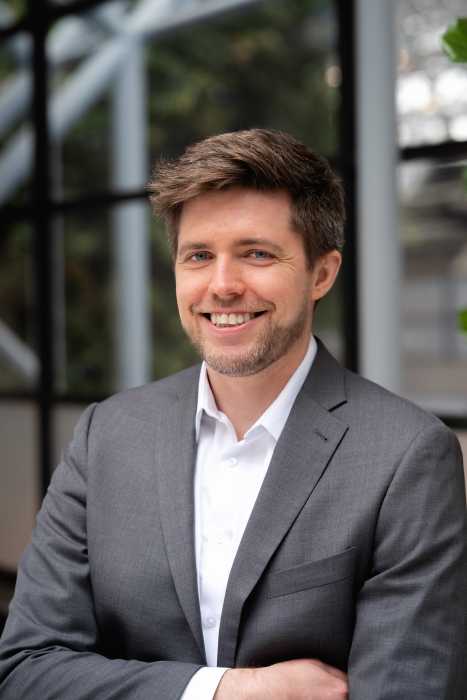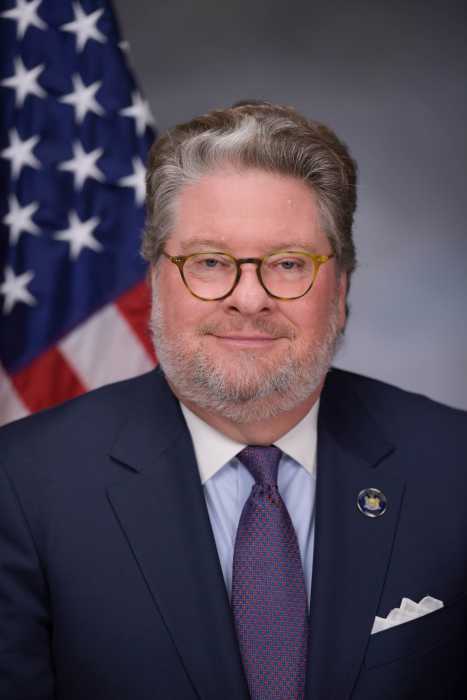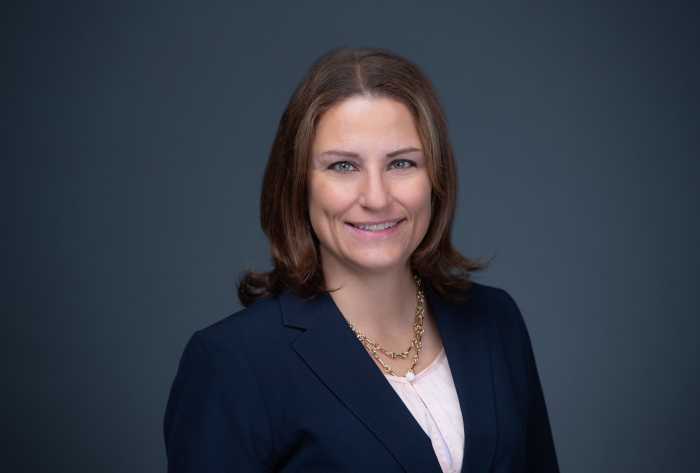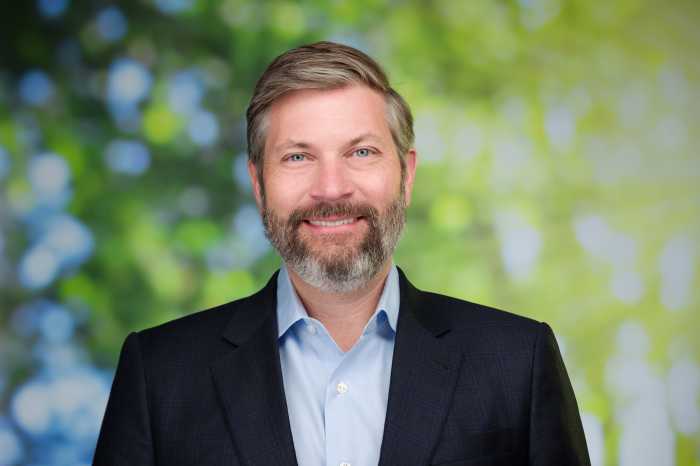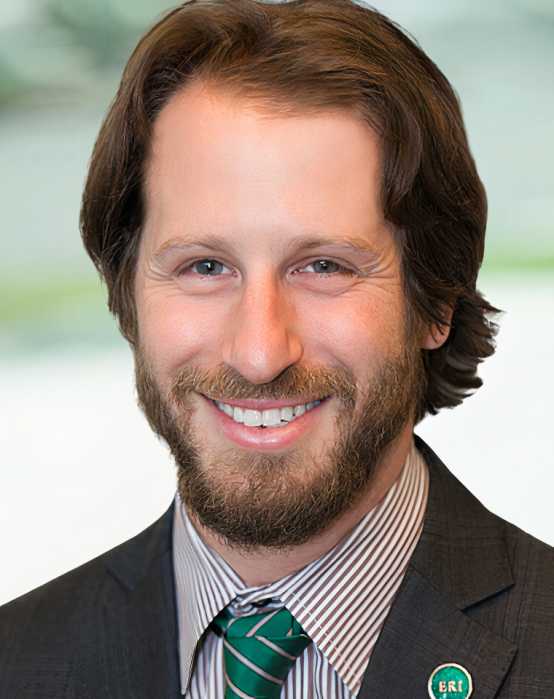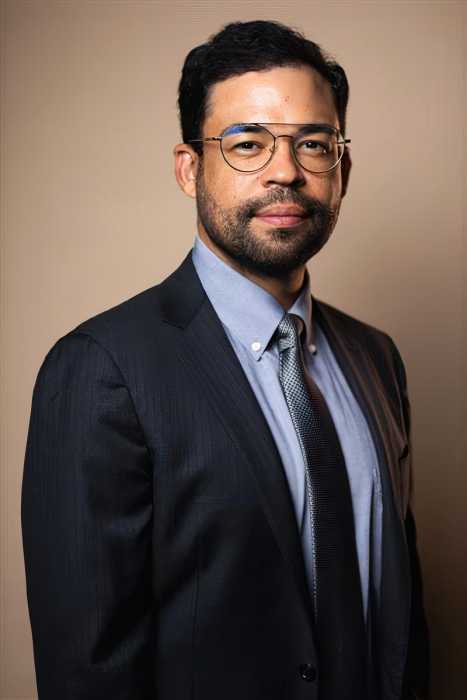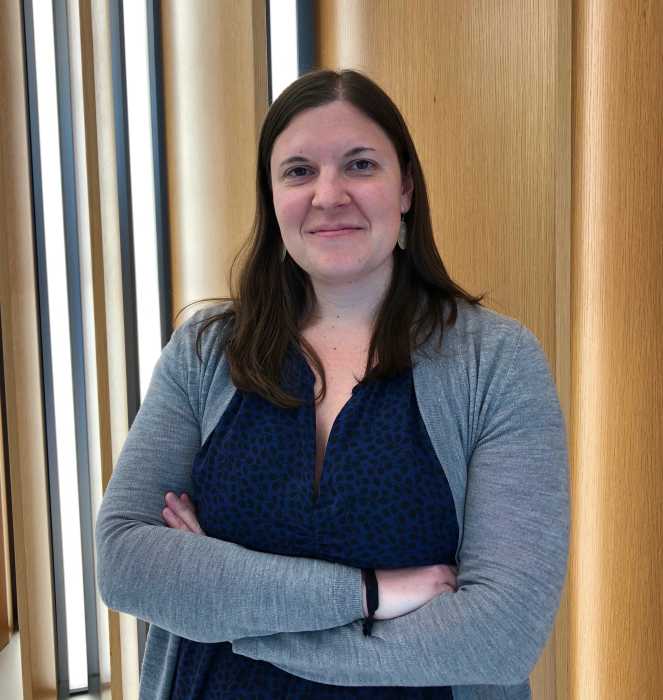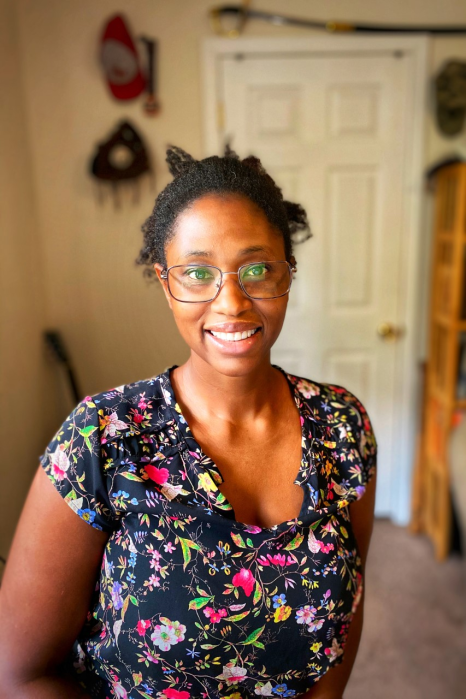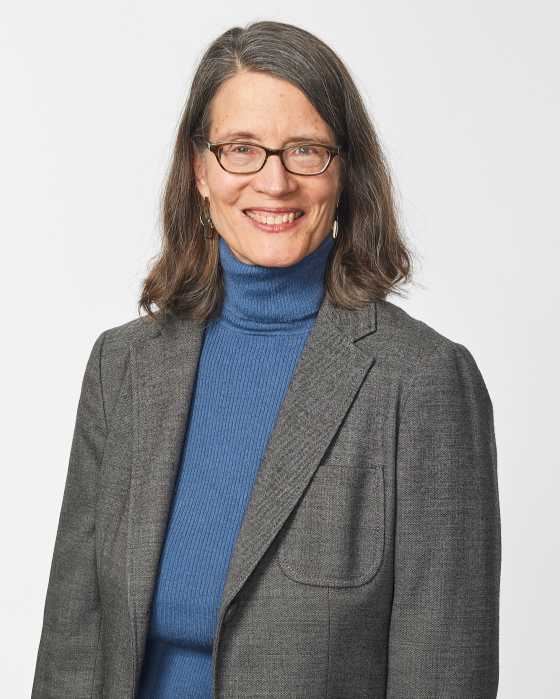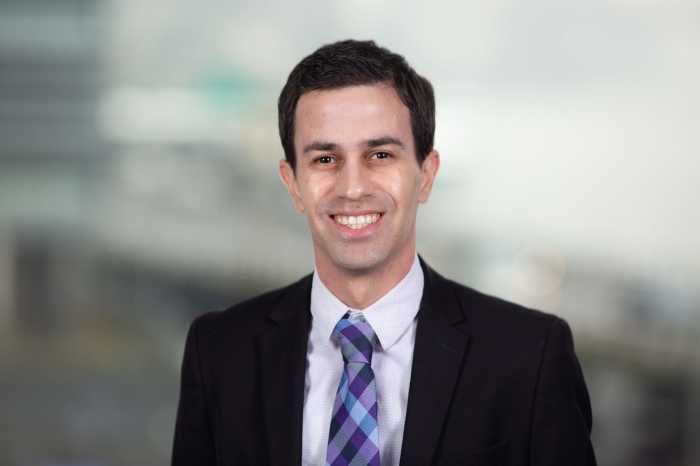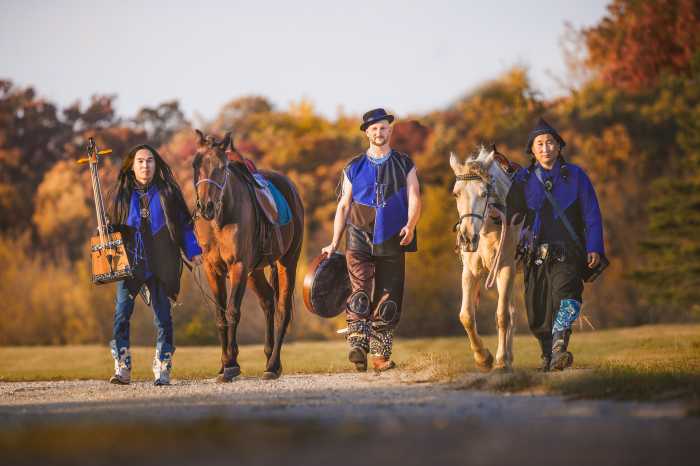Kevin Hansen leads government affairs and public policy in New York for Ørsted, a leading renewable energy company that recently completed South Fork Wind, the nation’s first commercial-scale offshore wind farm, and is currently developing Sunrise Wind, expected to be the largest offshore wind farm in the U.S. when completed. Prior to Ørsted, worked at New York State’s Empire State Development, in the Washington, D.C., mayor’s office and for the management consultancy Bain & Company.
What is one thing your organization hopes to accomplish in 2024?
In March, we announced that our company had completed construction on South Fork Wind, the first commercial-scale offshore wind farm in the U.S., located approximately 30 miles east of Long Island. In total, the South Fork Wind project will generate enough power for approximately 70,000 New York homes each year.
Do you have any advice for someone looking to pursue a career in your field?
Offshore wind is a rapidly growing sector, but it’s still a relatively close-knit industry where many workers know each other. If you come to industry events, then you’re bound to meet people in the field. Knowing a bit about climate change, clean energy, and infrastructure development doesn’t hurt, either!
What is one thing everyone can do to help protect the environment?
Support clean energy policies – there are so many economic, environmental and public health benefits of transitioning from a foreign dependence on fossil fuels to locally sourced clean energy, and New York has among the strongest winds in the country off its coast.
What can policymakers do to aid in your organization’s work?
New York has some of the nation’s leading clean energy policies. In the future, it will be important to stay the course through both upturns and downturns while also investing in enabling fields such as transmission and avoiding policies that act as barriers to projects reaching completion.



